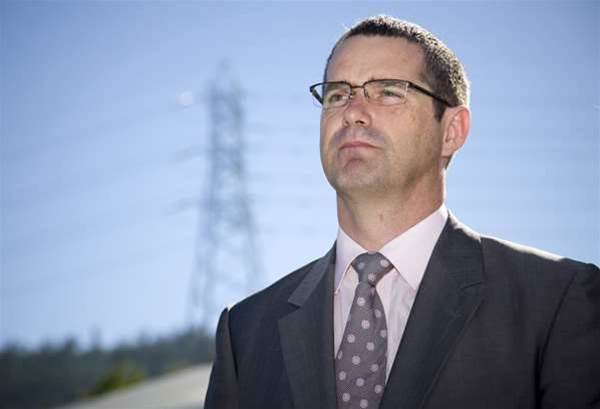Communications Minister Stephen Conroy has moved to block the introduction of the .XXX top level domain, citing a "lack of identified public benefit".

In a letter to the Internet Corporation for Assigned Names and Numbers (ICANN) last week, Conroy urged the corporation to seek further governmental advice before creating the adult content domain.
The .XXX domain was registered by ICM Registry in 2004. ICANN approved ICM's application in June 2010 and was working towards finalising a contract.
ICM said the domain would allow for simple and effective filtering for internet users, and promote best business practices and more predictable revenue streams for adult content businesses.
It expected to launch .XXX domains "at the start of 2011, if not sooner".
Conroy urged ICANN to seek advice about the proposed contract from its Governmental Advisory Committee (GAC), which comprised members from Australia and more than 100 other nations.
He highlighted concern over the public policy implications of .XXX, and "substantive" differences between the current contract and that initially considered by ICANN in March 2007.
"ICANN has an obligation to act in the interests of the wider internet community," he wrote.
"I would like to express my strong opposition to the introduction of a .XXX top level domain by ICANN, because of the lack of identified public benefit."
The Minister's office has yet to respond to iTnews' request for comment. An ICANN spokesman said it had received the letter, but a response had not yet been made.
Conroy's call for GAC consultation was echoed by adult entertainment trade association, the Free Speech Coalition, this week.
Coalition executive director Diane Duke noted in her letter that the last formal statement about .XXX from ICANN's GAC was on 28 March 2007, when it highlighted "a number of concerns about the application and the concept as a whole".
Australian adult industry organisation the Eros Association has also expressed its opposition to the .XXX domain, anticipating that if introduced, the domain would "receive a blanket ban under the Government's proposed mandatory internet filter".



_(36).jpg&h=140&w=231&c=1&s=0)
_(20).jpg&h=140&w=231&c=1&s=0)
.png&h=140&w=231&c=1&s=0)





 iTnews Executive Retreat - Security Leaders Edition
iTnews Executive Retreat - Security Leaders Edition
 Huntress + Eftsure Virtual Event -Fighting A New Frontier of Cyber-Fraud: How Leaders Can Work Together
Huntress + Eftsure Virtual Event -Fighting A New Frontier of Cyber-Fraud: How Leaders Can Work Together
 iTnews Cloud Covered Breakfast Summit
iTnews Cloud Covered Breakfast Summit
 Melbourne Cloud & Datacenter Convention 2026
Melbourne Cloud & Datacenter Convention 2026
 The 2026 iAwards
The 2026 iAwards











_(1).jpg&h=140&w=231&c=1&s=0)



